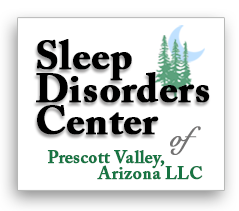Sleep apnea occurs when you go to sleep. The muscles of the throat collapse and the movement of air is obstructed. If this lasts for ten or more seconds and occurs more than five times an hour, it is sleep apnea. Estimates are that over 18 million Americans have this disease. Unfortunately, only 20% have been diagnosed and treated.
Ten things to know:
1. Sleep apnea significantly increases your risk of stroke. 50% of all stroke victims have sleep apnea.
2. If you have or have had atrial fibrillation, there is a 40% likelihood that you have sleep apnea. Untreated, your chances of it recurring are double that of someone without sleep apnea.
3. Sleep apnea causes insulin resistance and as a result may cause or worsen diabetes.
4. If you have PCOS (Polycystic Ovary Syndrome) your chances of having sleep apnea is greater than 50%.
5. If you have a child with Down syndrome, the odds of that child having sleep apnea is close to 60%.
6. If you have frequent unexplained nighttime urination or early morning headaches, there is a very high probability that you have sleep apnea.
7. If you are on three or more blood pressure medications and your doctor is still having trouble controlling your pressure, your chance of having sleep apnea is 60%.
8. If you have insomnia with frequent awakenings, it may be due to sleep apnea.
9. You don’t have to be an obese man to have sleep apnea. 30% of people with sleep apnea are not obese, and after menopause, women’s rates of sleep apnea approximate men’s.
10. You don’t have to be sleepy to have sleep apnea. Many people, especially with underlying heart disease, are not. Female patients often present with symptoms of anxiety, depression, and fatigue, as opposed to sleepiness.
It is important to realize that sleep apnea can present in numerous ways. In fact, some studies show that over 25% of patients did not even snore. Therefore, if you or a loved one has any of the above symptoms or risk factors, get it checked out. It could save your life. Sleep apnea is easily diagnosed and treated.


